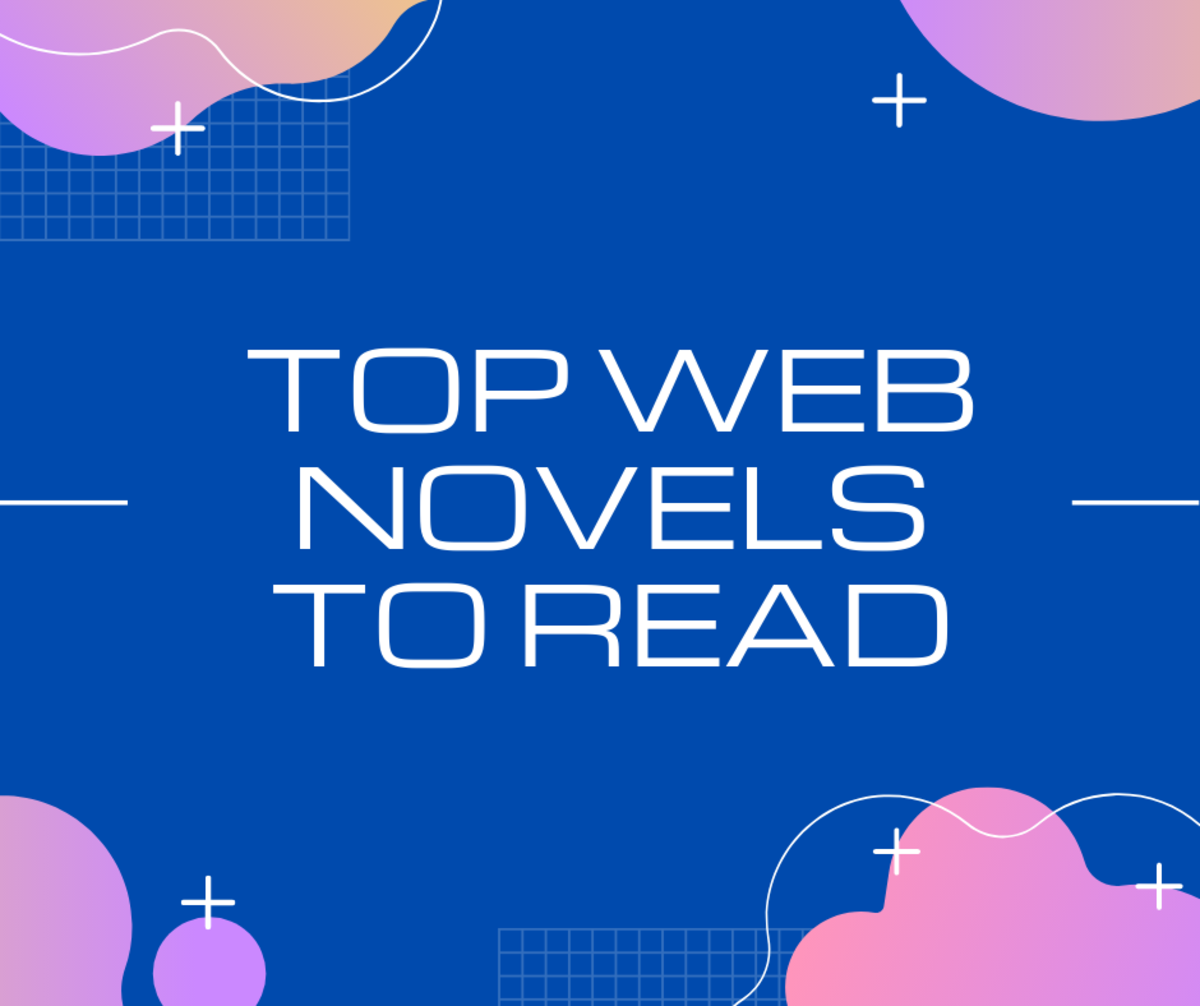Reading protects against dementia, but big problems arise

A recent clinical study has indicated that a lifetime of reading improves brain function in the elderly. You might think that the headline like this would be a real gimme for a professional writer, but the issues are far more complex.
One of the things that bothers me most as a writer as the apparent level of comprehension shown in comments and criticisms. Some people will continue to swear that black is white and that fiction is fact simply because of prior information received. There is a definite lack of argument and logic in some comments, where others are prepared to argue points and absorb new ideas.
I don't have a lot of time for the "Conspicuously Literate" rabble, but I do have all the time in the world for the explorers of ideas. To me, that's what reading, and by extension writing, are all about. What's the point of ploughing through ridiculous rehashed ideas, anyway?
From the health perspective, it appears that cognition is one of the primary factors in protecting the brain from the onset of things like Alzheimer's disease and other degenerative conditions. That is not entirely surprising, because literacy by definition means comprehension. It also means understanding of what is read, and therefore the higher brain functions are clearly involved directly in reading.
Now consider people who are absolutely reliant on rote learning. These people rely heavily on blocks of information. What is apparent is that they don't develop a lot of logic or associative thought. There is certainly no evidence of any particular efforts to criticise or question information. The world might as well be flat, according to these people. The necrotic stench of social conformity may be a factor, like text-speak, but isn't it the responsibility of the individual to use their own mind?
This type of thinking is almost the direct opposite of literacy and even the basic mechanics of reading. Logic and associative thought are the fundamental dynamics in reading. To follow a storyline your mind has to make logical associations, try and anticipate and follow the logic of the story.
By association, if readers commonly used these dynamics and are protected from serious mental conditions, what about everybody else? Are rote learners at more risk of medical conditions affecting the brain? Does the lack of mental activity actually become a health hazard?
This is a far from simple issue. We live in a visual culture, where the mental and brain processes are based on reaction to visual stimuli. This is not the same thing as reading, and therefore the brain processes cannot be the same. This is a far from simple problem and it’s not going to get any simpler. The fact is that the types and methods of both producing and assimilating information are changing, drastically in some ways. That means that the mental processes required to gain and use information are also changing in the brains of the entire human species. Does this mean that the new methods are increasing the risk of medical conditions?
There is simply no easy answer. Readers will be all too well aware that many writers are equally dangerous in their turgid logic. Convoluted writing doesn't mean superior logic, it simply means inferior expression. I don't want to give the impression that there is any defence whatsoever for writers in merely claiming literacy. Arguably, recycling ideas is just as bad as the squeaky text speak in the same way. There are no new logical patterns in rehashes, therefore the brain isn't actually getting stimulated, and therefore benefits are minimal.
The answer may well lie, ironically, in education. Anyone who remembers the unbelievably boring and almost totally irrelevant, outdated materials usually present in any school curriculum might perhaps agree that literacy wasn't really ever part of the equation. It's more likely that a range of voluntary reading would lead to improve literacy, and therefore better mental health, than the tired tomes of yesteryear chosen more for their acceptability than their actual literary value.
A good book will get you really interested, and it appears that interest is actually the driving mechanism behind the more functional brain. It's a hell of a prescription: "If it bores you, read something else." It might also be the advice that saves the entire human race from the scrap heap.



